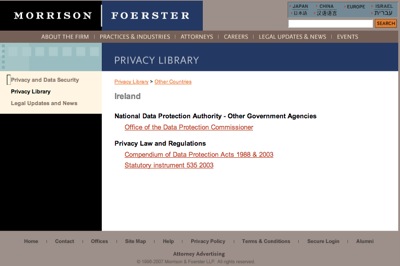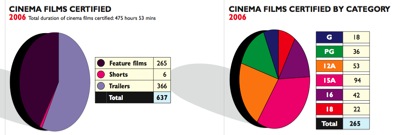The future of the author in copyright law
 The fundamental role of the author in copyright, though essential, is thorny. On the one hand, copyright works require an author to have created them, and the term of copyright is usually expressed running for the life of the author plus a number of years (at present, in most common law jurisdictions, and for most works, that number is seventy). Of course, this simple picture needs modification in the light of: the kind of work created, corporate authorship, jointly created works, works by employees, and so on. But this modification does not undercut the essential view that the author is central to copyright. And yet, on the other hand, overprotection of one author is capable of restricting the next (as I have had occasion to observe on this blog, on more than one occasion). This has given rise to significant scholarship and debate on the role of the author in the history of modern copyright law. The next logical step is to attempt to conceptualise and reconceptualise the role of the author in the face of the myriad challenges to modern copyright law. Tim Wu (blog | log | personal site | work site | wikdipedia) has recently begun to meet that challenge, in a provocative paper “On Copyright’s Authorship Policy” (SSRN) (hat tip: Ray Corrigan on B2fxxx; see also boing boing | in propria persona).…
The fundamental role of the author in copyright, though essential, is thorny. On the one hand, copyright works require an author to have created them, and the term of copyright is usually expressed running for the life of the author plus a number of years (at present, in most common law jurisdictions, and for most works, that number is seventy). Of course, this simple picture needs modification in the light of: the kind of work created, corporate authorship, jointly created works, works by employees, and so on. But this modification does not undercut the essential view that the author is central to copyright. And yet, on the other hand, overprotection of one author is capable of restricting the next (as I have had occasion to observe on this blog, on more than one occasion). This has given rise to significant scholarship and debate on the role of the author in the history of modern copyright law. The next logical step is to attempt to conceptualise and reconceptualise the role of the author in the face of the myriad challenges to modern copyright law. Tim Wu (blog | log | personal site | work site | wikdipedia) has recently begun to meet that challenge, in a provocative paper “On Copyright’s Authorship Policy” (SSRN) (hat tip: Ray Corrigan on B2fxxx; see also boing boing | in propria persona).…






